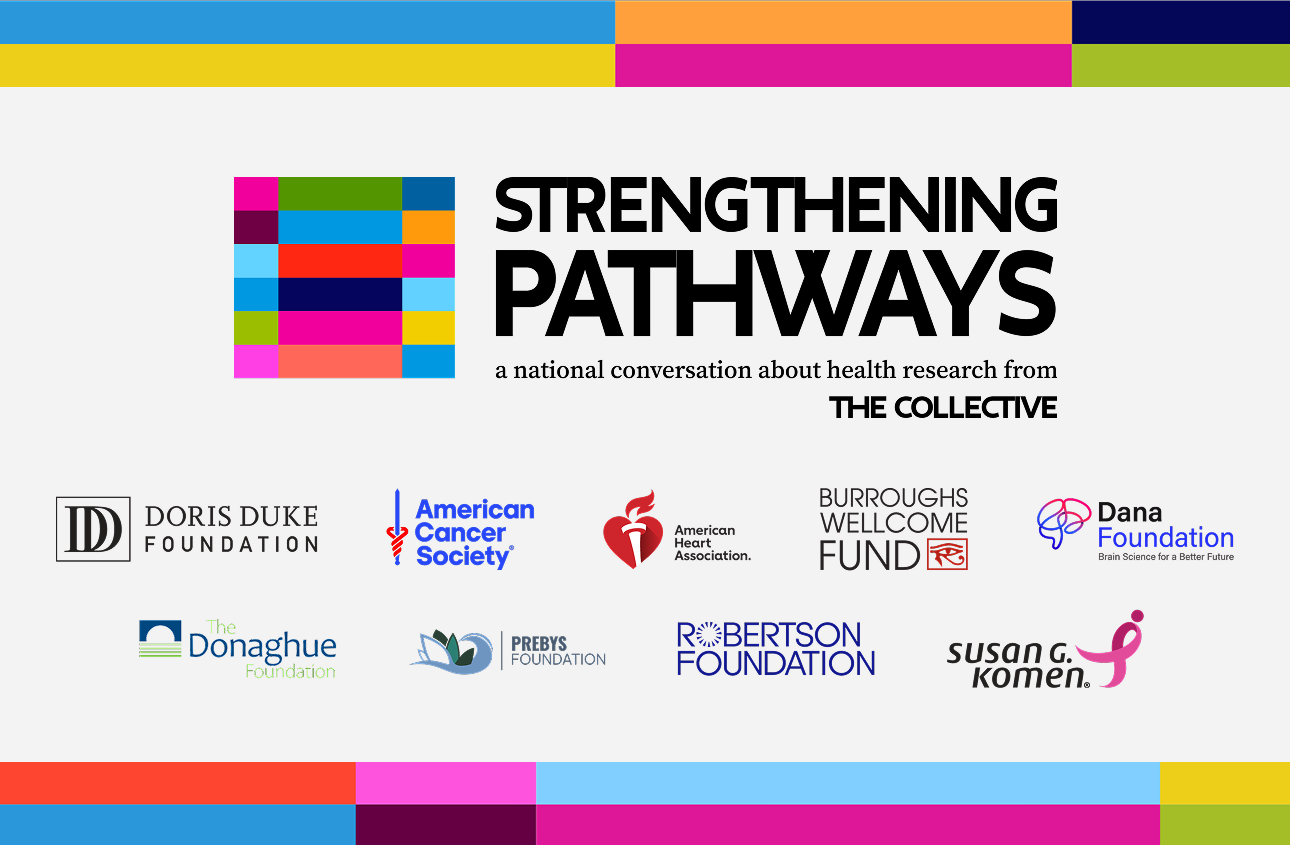- This event has passed.
Investments in biomedical research have resulted in remarkably effective interventions with the potential to reduce mortality and disability. But many biomedical interventions are not being optimally deployed or adopted. The use of biomedical interventions is a function of decisions made by human beings, interacting in decision-making environments that structure what information is freely available, the costs and benefits of acquiring additional information and making alternative decisions, and how easily we can learn from our past decisions. Many decision-making environments do not optimally leverage information, incentives, and learning to support provider and patient decisions that maximally improve patient health.
Further, there is systematic underinvestment in preventive and early-stage biomedical interventions, due to the much longer clinical trials required to demonstrate efficacy, resulting in significant life-years lost. The underinvestment in preventive biomedical interventions underscores the importance of developing effective decision-making interventions that encourage preventive behaviors.
Recent technological advances are enabling the development of new decision assist tools that can help providers and patients make decisions that better support patient health, including more effective deployment of biomedical interventions and increased adoption of preventive behaviors. These tools can help providers make more accurate diagnoses, allocate higher-intensity care to those at greatest risk, reduce the use of unnecessary treatments, choose more affordable treatments, and more effectively learn from prior cases. Decision assist tools can also provide patients with earlier warning signals about potential health risks and help patients adopt preventive behaviors.
On June 2, 2025, the Social Science Research Council will convene leaders of pioneering research labs from across the country who are working in partnership with health providers to re-engineer provider and patient decision-making environments to improve health outcomes. Researchers will share emerging findings as well as high-value opportunities for decision-making interventions to improve patient health. The symposium will provide a roadmap for health research funders to help guide new investments in health decision-making research.
We welcome attendance from stakeholders dedicated to improving health outcomes, including members of the research, policy, health provider, and funder communities.
Participating Labs:
- Behavior Change for Good Initiative (BCFG), University of Pennsylvania
- Center for Health Incentives and Behavioral Economics (CHIBE), University of Pennsylvania
- Center for Healthcare Innovation & Delivery Science (CHIDS), New York University
- Center for Healthcare Marketplace Innovation (CHMI), University of California Berkeley
- J-PAL US Health Care Delivery Initiative (HCDI), Massachusetts Institute of Technology
- Nightingale Open Labs, Massachusetts Institute of Technology, University of California Berkeley
- UCLA Nudge Unit, University of California Los Angeles
This symposium is funded by the Robertson Foundation through the Collective to Strengthen Pathways for Health Research.

 Events
Events
